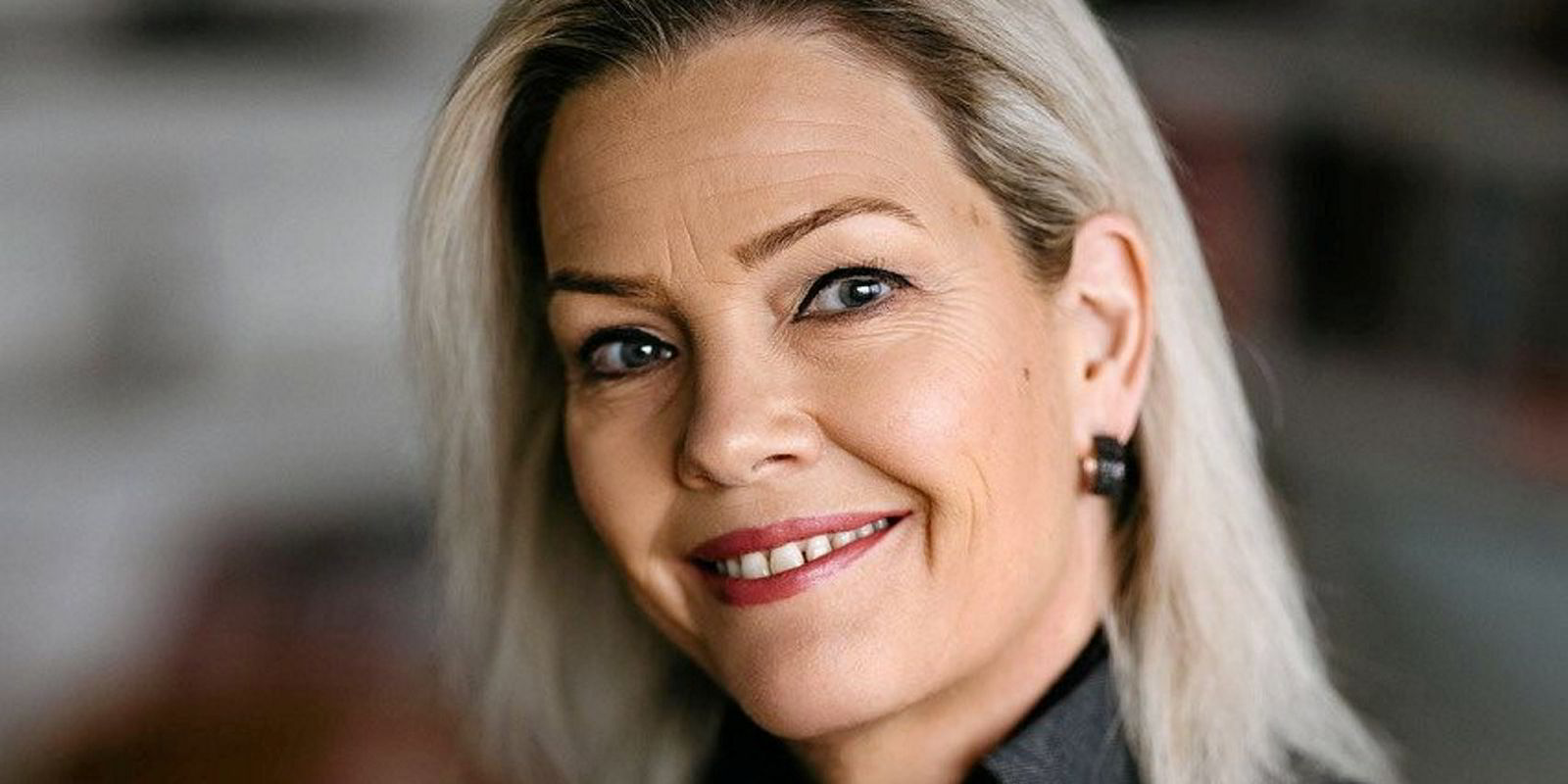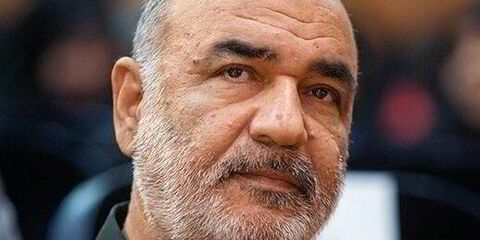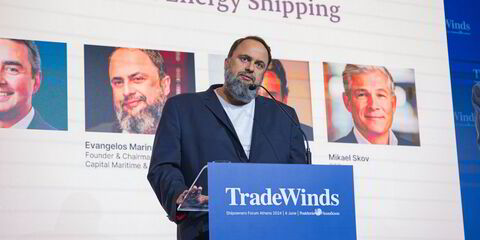A criticism heard regularly in maritime circles is that the industry is stubbornly conservative, refusing to adapt to new customs and ways of thinking, consequently cementing a status quo that largely excludes women and young people.
This may be an unfair assumption. I’ve seen over the past 35 years of working in maritime that the industry has, albeit slowly and at times begrudgingly, become more inclusive.
But the fact remains that maritime is still a male-dominated industry.
Women make up only 29 per cent of the overall workforce according to the 2021 IMO-WISTA Women in Maritime Survey Report, and represent a mere 1.2% of the global seafarer workforce, according to the Bimco/ICS 2021 Seafarer Workforce Report.
The gender imbalance is undoubtedly true for the towage and salvage sector, where I have first-hand experience dealing with the challenges and hurdles of working within the sector as a woman.
Several reasons for the continued lack of female representation — structural and cultural—need to be addressed for the industry to become truly diverse and inclusive.
For me, ensuring that maritime careers are promoted to women and under-represented groups and, crucially, that they are welcomed, celebrated and made visible is a key area for improvement.
I’m fortunate to be joined at Multraship by many competent and inspiring women, including on the management team by our operations and crewing manager, Bianca Pielaat, human resources manager, Chretienne Huisman and office manager Annemarie Nijsse, who is responsible for the day-to-day management of our staff members.
We have a gender-balanced management team that benefits from the diversity of opinions and approaches this brings.
We also make sure that we are visible as female executives when we engage in outreach work at community and industry levels, as we believe it is important that women are more visible and included in decision-making at all levels.
Career opportunities
My advisory and governance roles at the International Salvage Union and the Shipowners Club (effective 6 March), for example, are a result of my experience and passion for our industry, but I am proud to be bringing a female perspective as well.
Of course, addressing diversity means making sure that young people, in particular, are aware of the range of career opportunities available in the maritime industry, and within the towage and salvage segment, in particular, it is vitally important to improve female representation.
To do this, we work to engage younger people within our local communities through outreach programmes with schools, colleges and universities, maritime institutions, and internship programmes.
While encouraging diversity for its own sake is necessary, given the slow pace of change, the creative and commercial benefits of hiring from diverse backgrounds and ensuring equality in all forms should not be overlooked.
Fostering enthusiasm
Having the right blend of skills and encouraging different perspectives have proven crucial to improving efficiency and operational performance.
This is why fostering enthusiasm in maritime across the board is key. Encouraging new and diverse talent to enter (or stay in) our industry will lead to more dynamism, which will, in turn, improve our capabilities and help us address the key challenges that lie ahead, the road to net zero chief among them.
It is down to us all as business leaders and maritime-related companies to make sure the job and training opportunities are made available and actively promoted to people of all ages, backgrounds and genders and to ensure that we operate our businesses as best possible in a way that suits the needs and aspirations of generations to come.
Eline Muller is senior executive and co-owner at Multraship Towage and Salvage





